Alphabet Recognition Normal Worksheets for Ages 3-6 - Page 2
44 filtered results
-
From - To
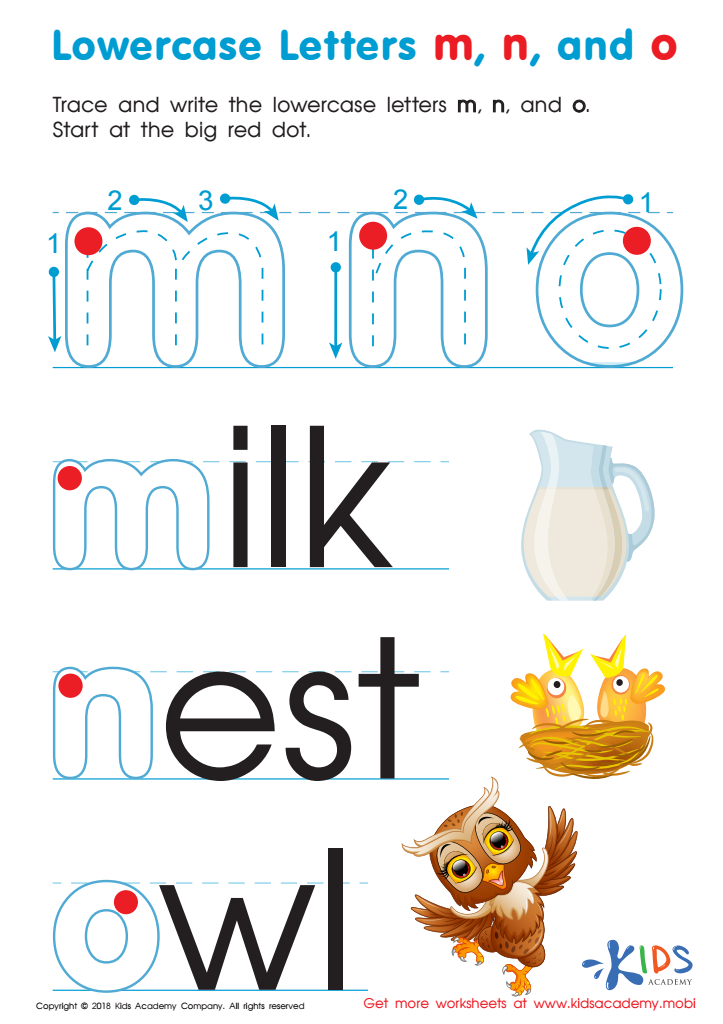

Lowercase Letters m n o Worksheet
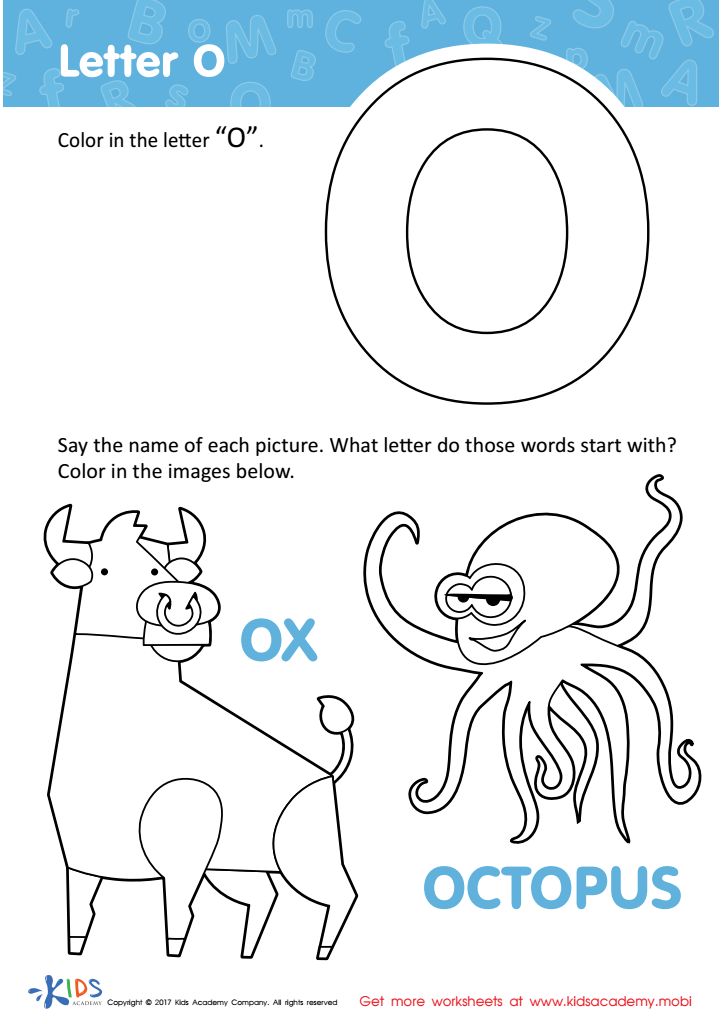

Letter O Coloring Sheet
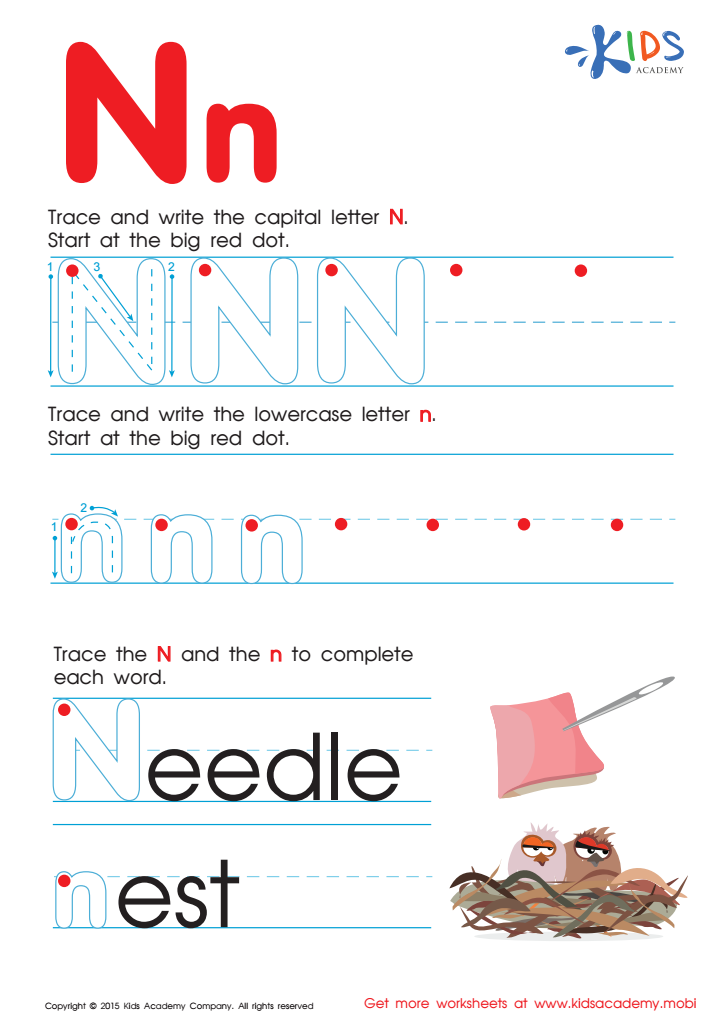

Letter N Tracing Page
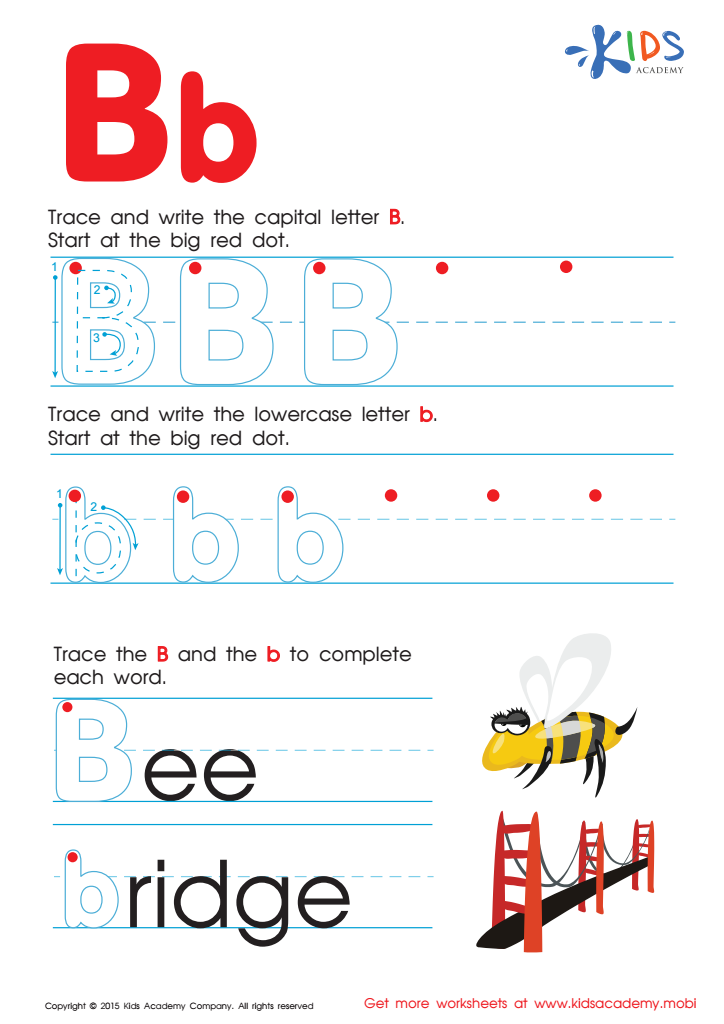

Letter B Tracing Page
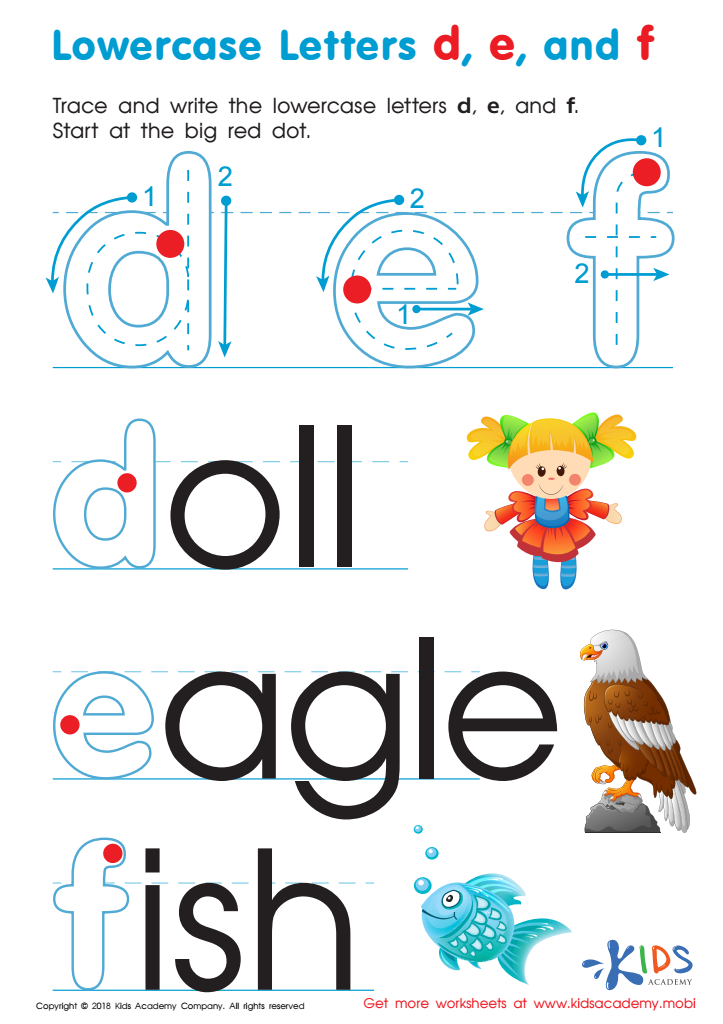

Lowercase Letters d e f Worksheet
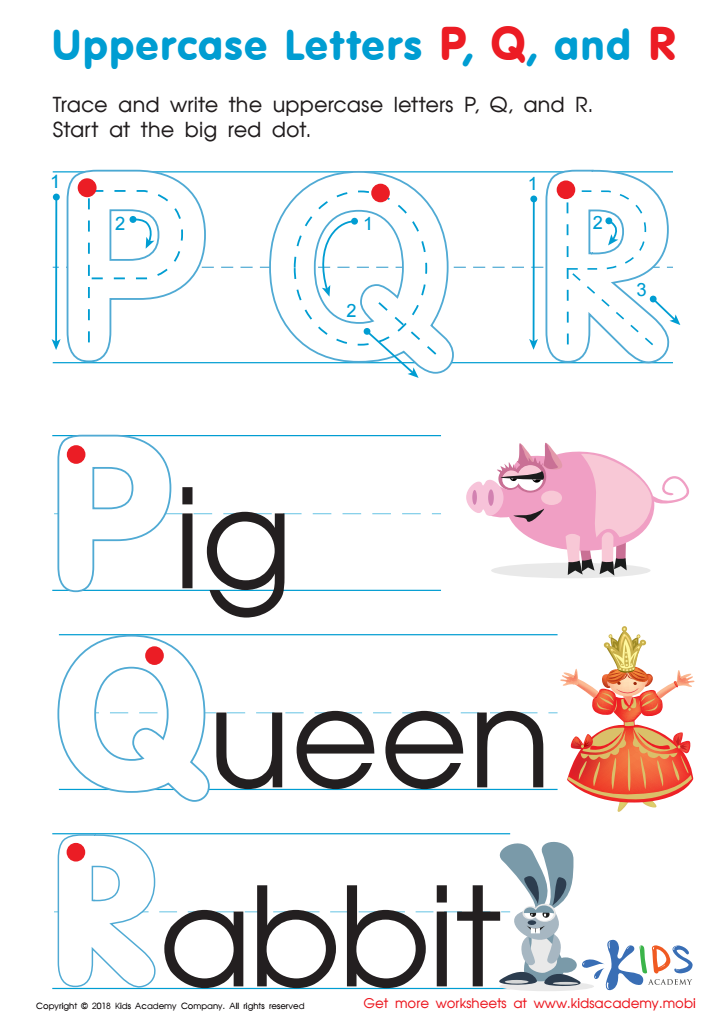

Uppercase Letters P, Q, and R Worksheet
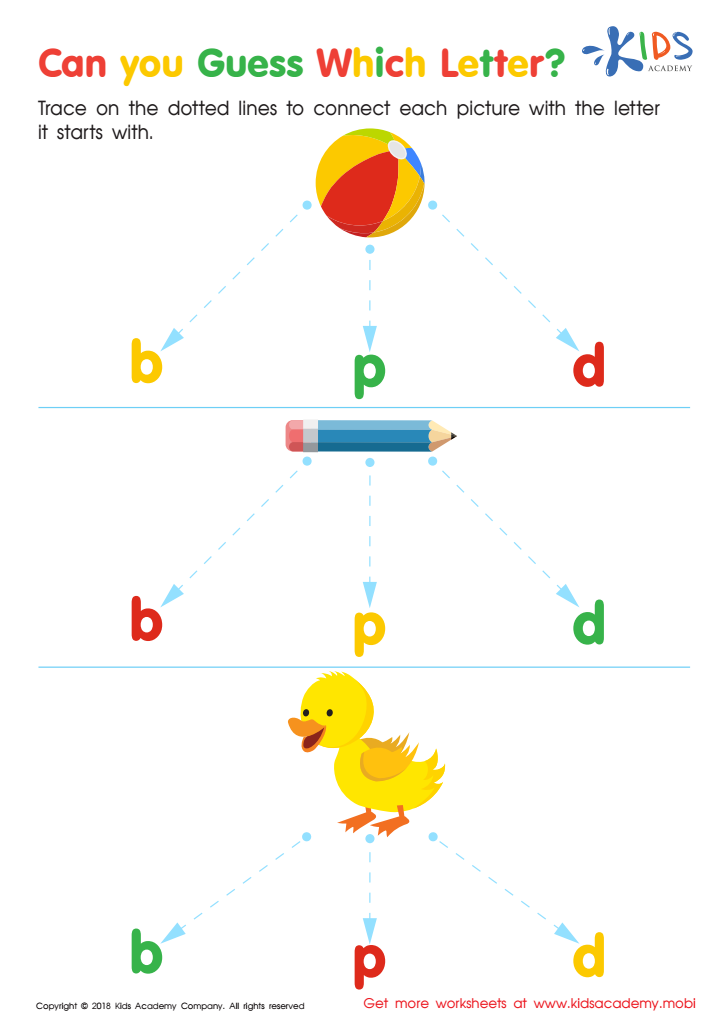

Can you Guess Which Letter? Worksheet
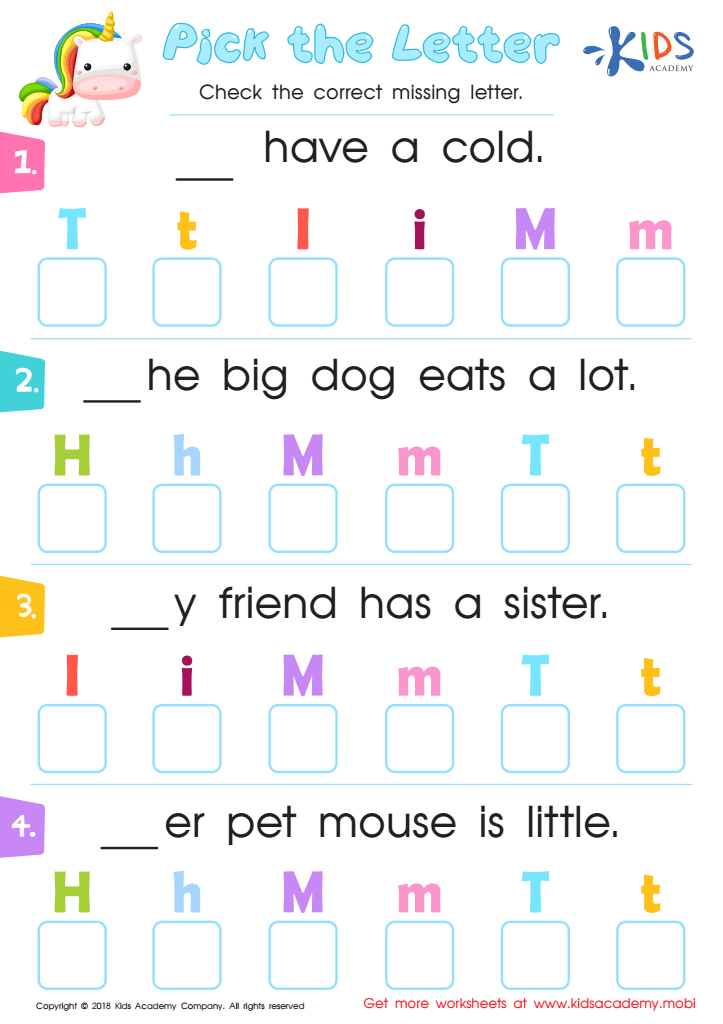

Pick the Letter Worksheet
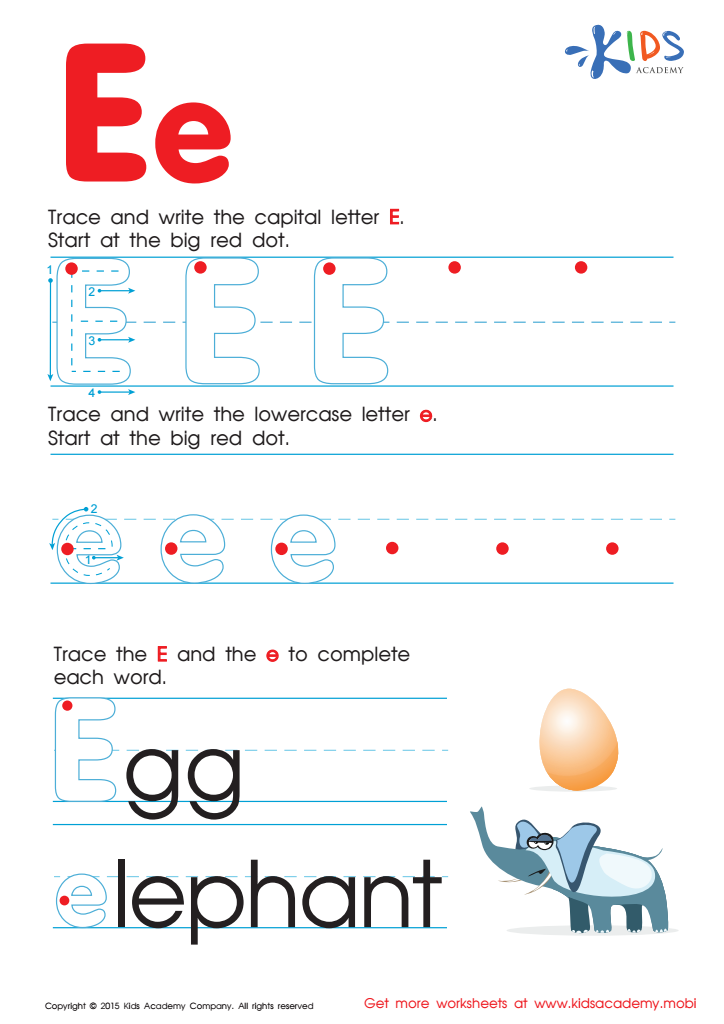

Letter E Tracing Page
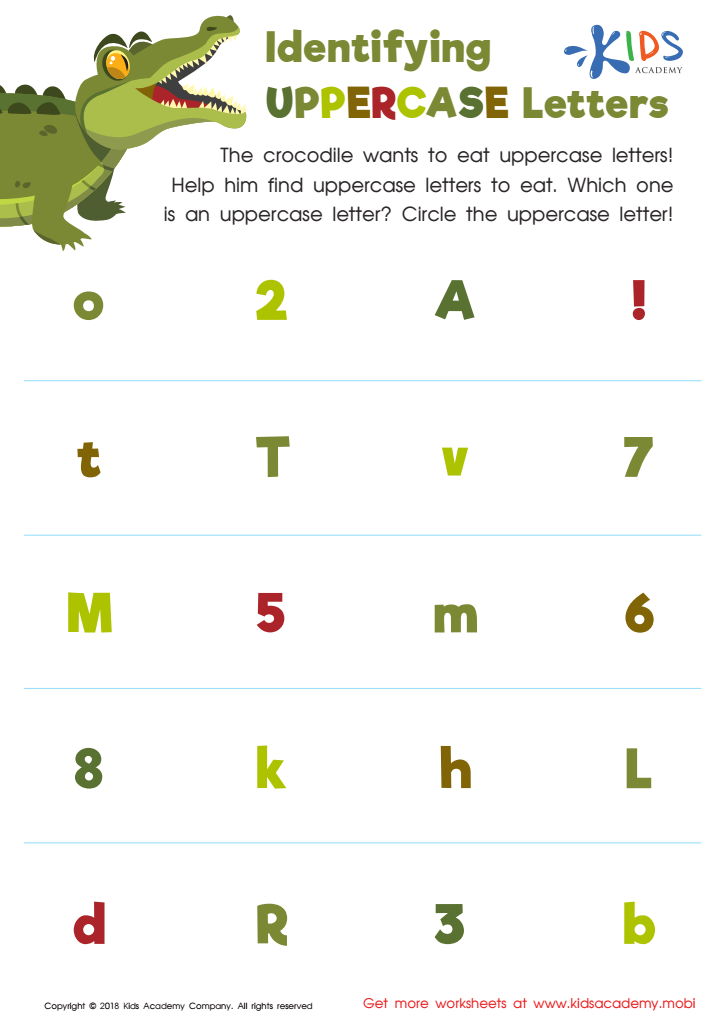

Identifying Uppercase Letters Worksheet
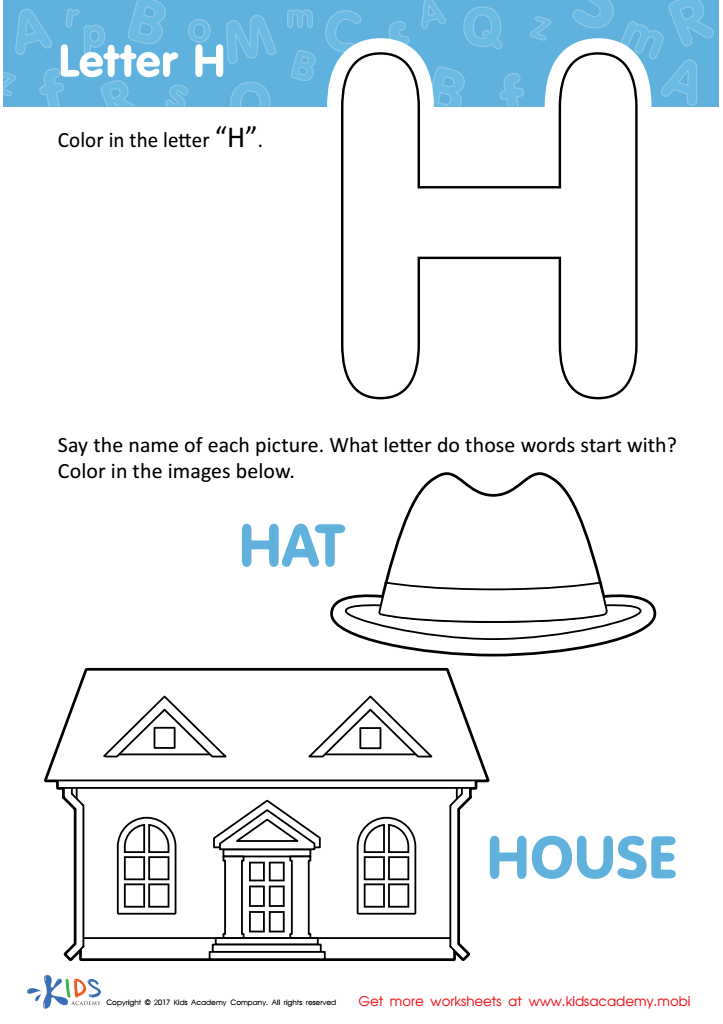

Letter H Coloring Sheet
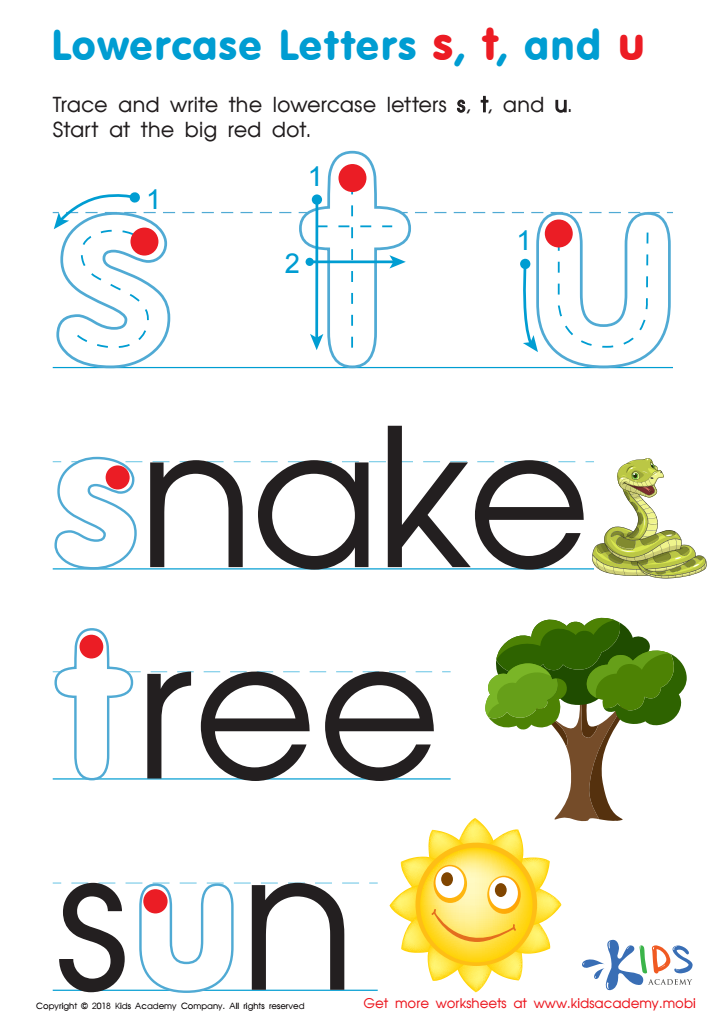

Lowercase Letters s t u Worksheet
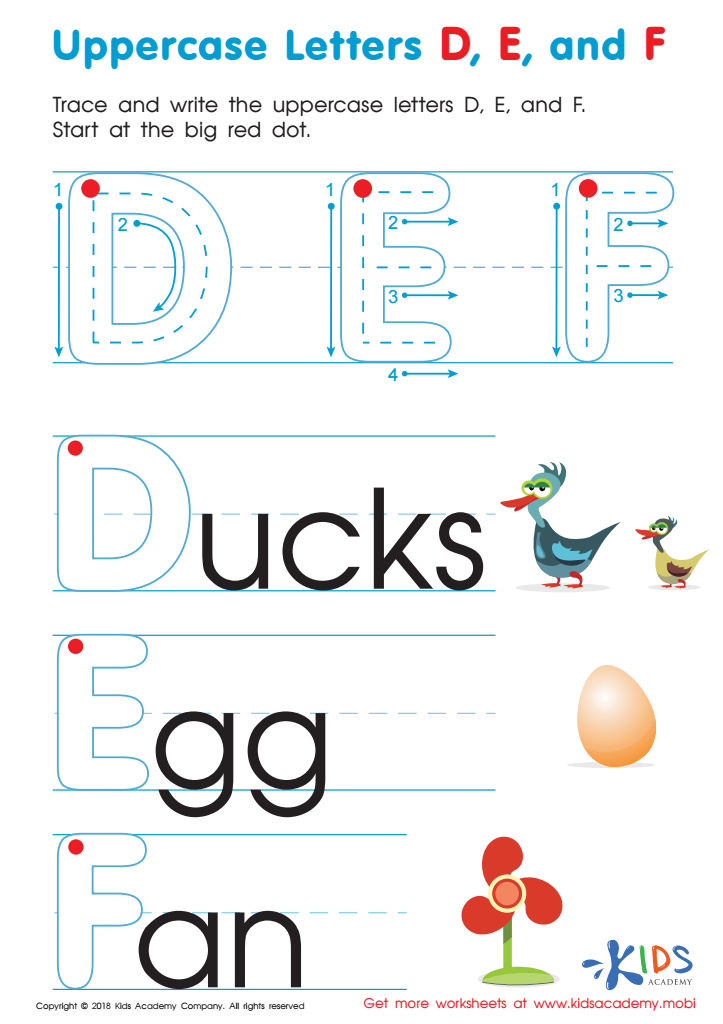

Uppercase Letters D, E, and F Worksheet
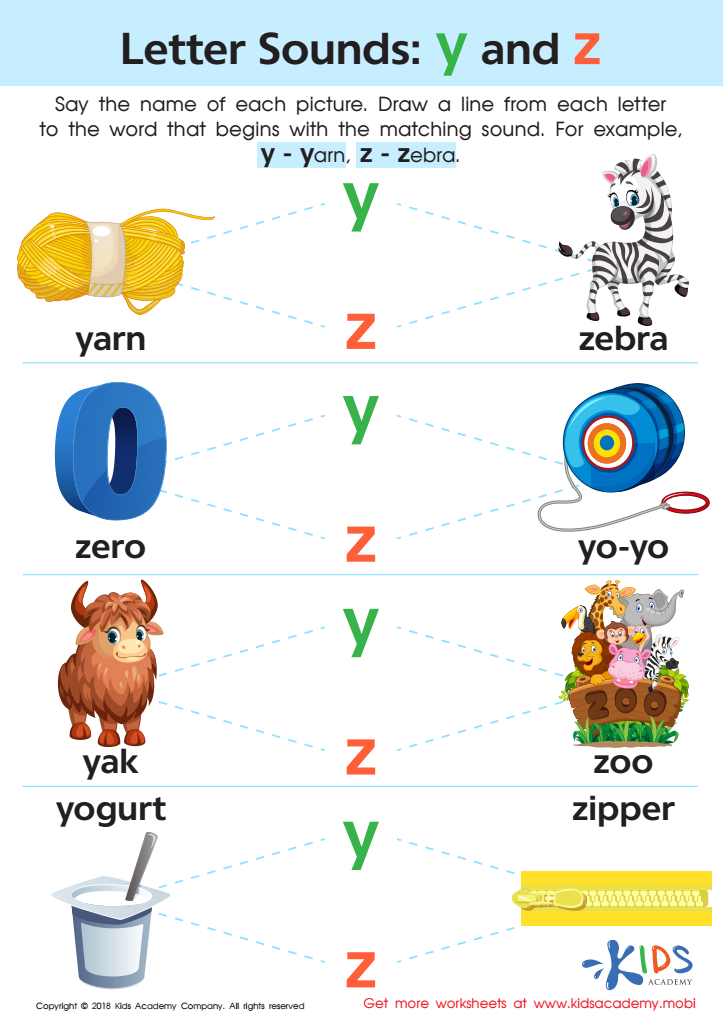

Letter Y and Z Sounds Worksheet
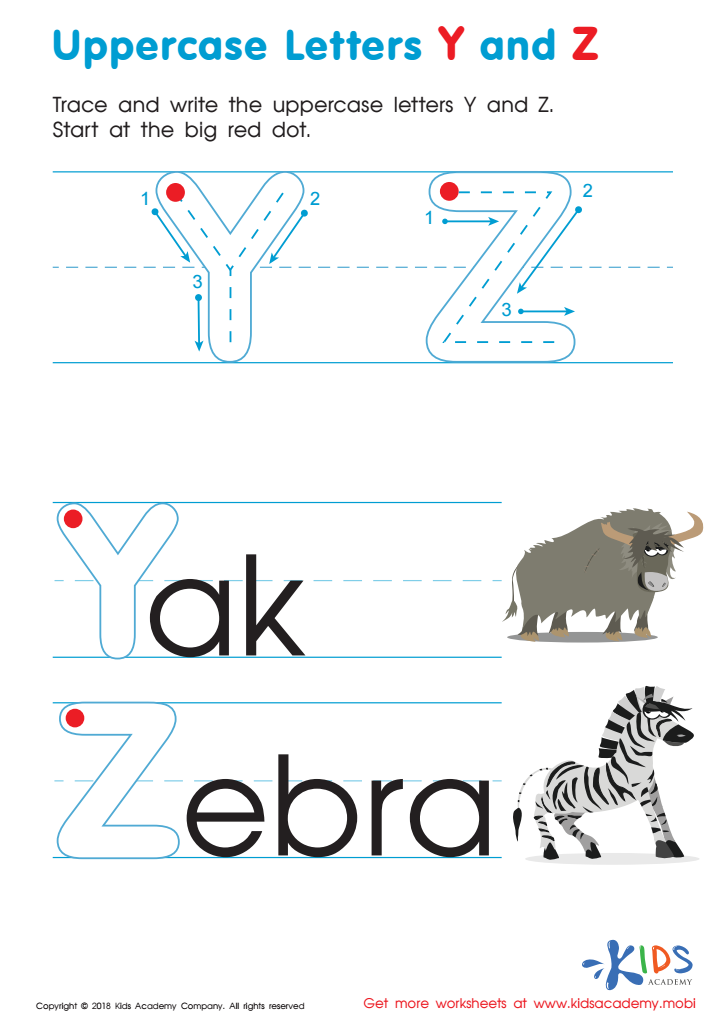

Uppercase Letters Y Z Worksheet
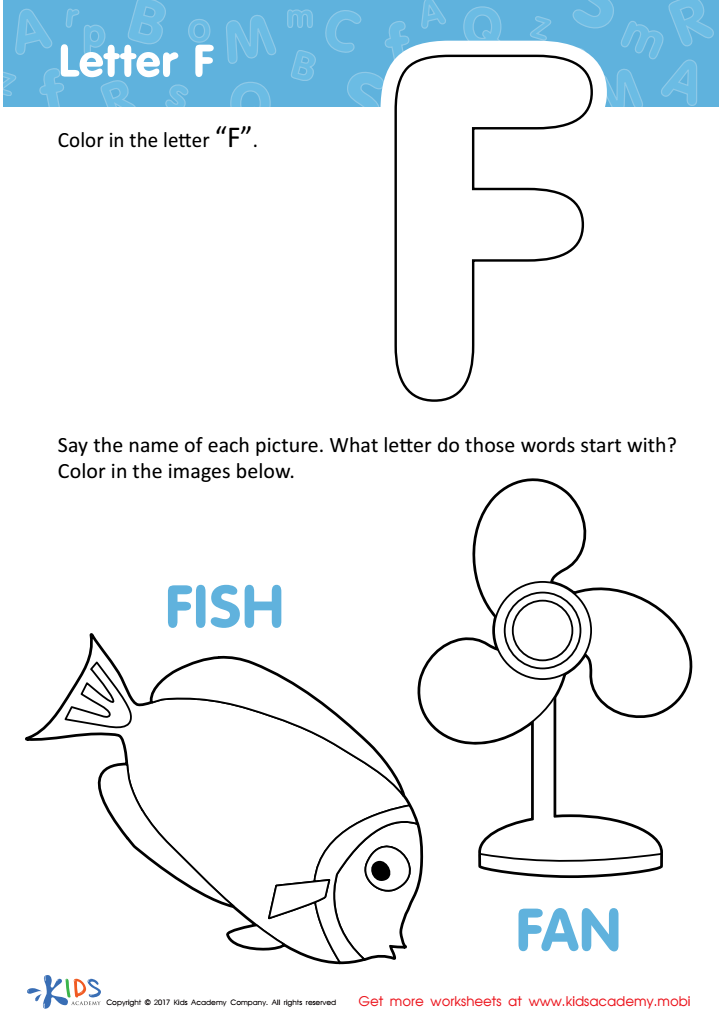

Letter F Coloring Sheet
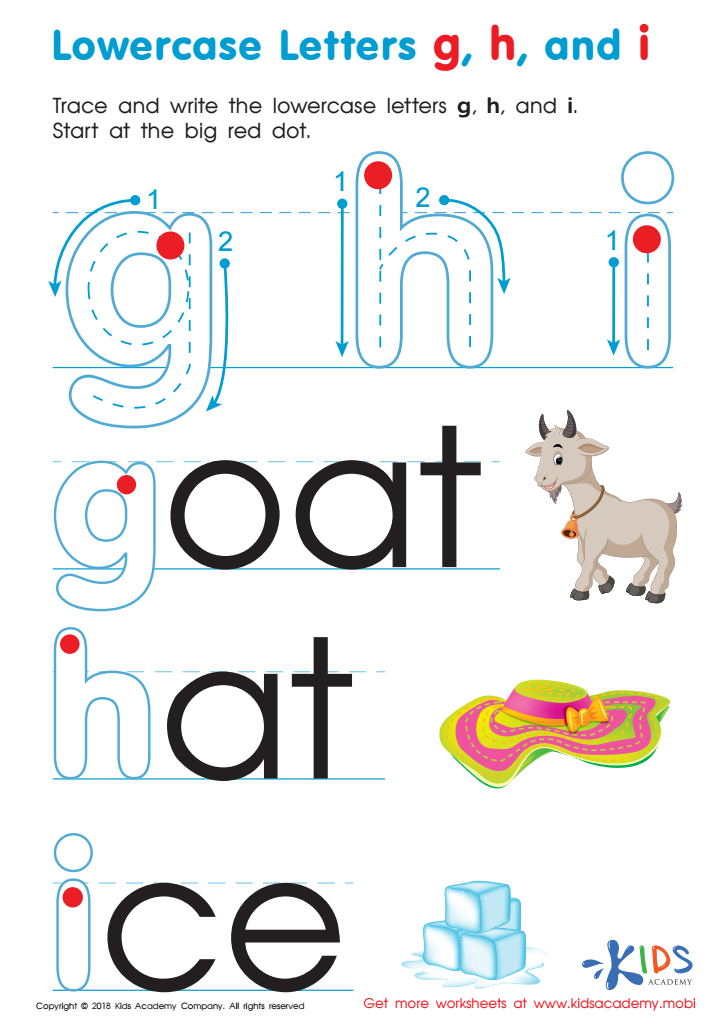

Lowercase Letters g h i Worksheet
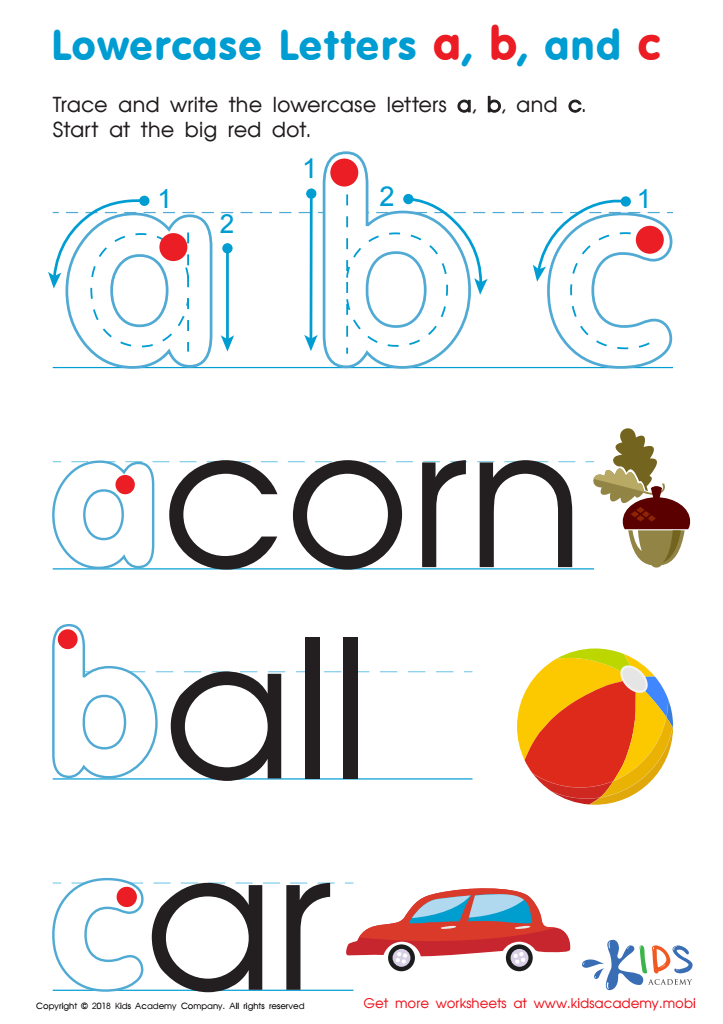

Lowercase Letters a b c Worksheet
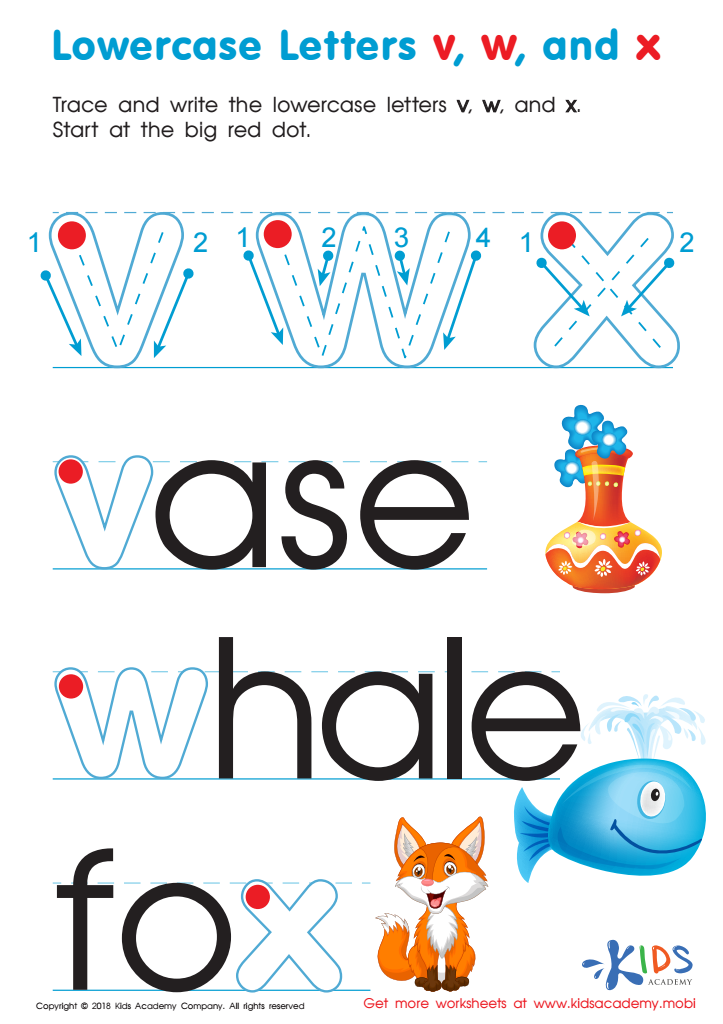

Lowercase Letters v w x Worksheet
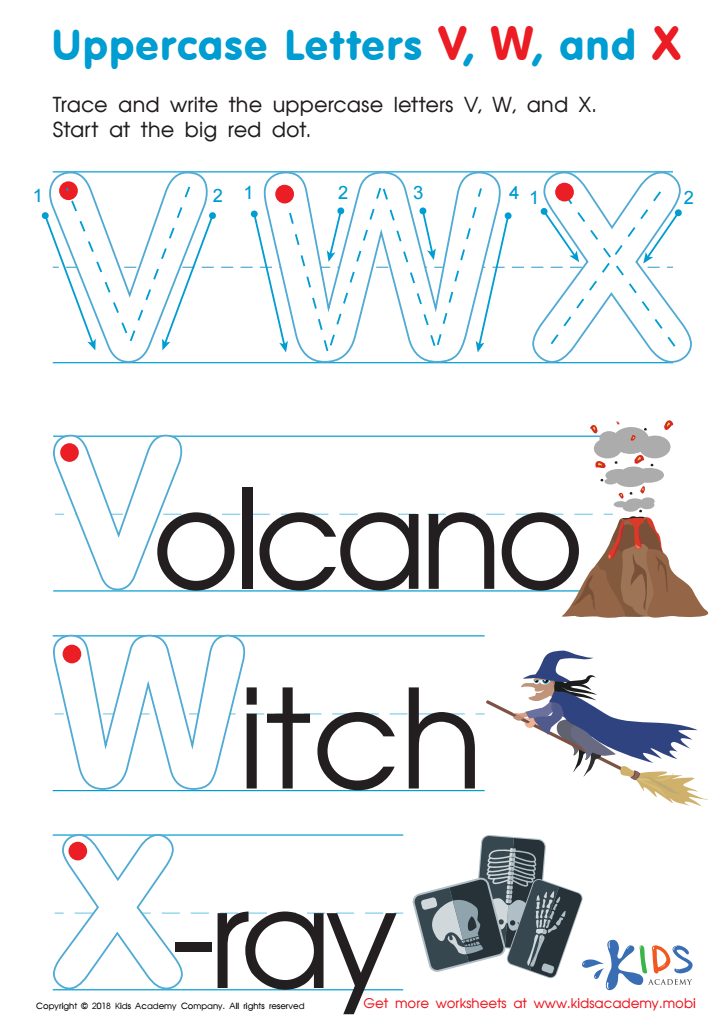

Uppercase Letters V, W, and X Worksheet
Alphabet recognition is a critical developmental milestone for children aged 3-6, laying the foundation for literacy skills essential for academic success. Understanding letter shapes, names, and sounds enhances children's ability to decode words, thus promoting reading proficiency. Parents and teachers play a vital role in nurturing this skill during the early developmental stage, when children are particularly receptive to new information.
Alphabet recognition encourages cognitive engagement, helping children to develop memory and recall abilities while fostering a sense of accomplishment. When children can recognize letters, they also begin to understand the connection between letters and sounds, an essential step in phonemic awareness. This skill is significant as it not only prepares children for reading but also enhances their writing abilities.
Moreover, a focus on alphabet recognition builds confidence in young learners and encourages a love of reading, which can positively impact their academic journey. Collaborative learning experiences, such as interactive games and storytelling, can make learning about letters enjoyable and meaningful. Therefore, by prioritizing alphabet recognition, parents and teachers ensure children are well-equipped for their educational path, promoting success in literacy and instilling a lifelong appreciation for learning.
 Assign to My Students
Assign to My Students














